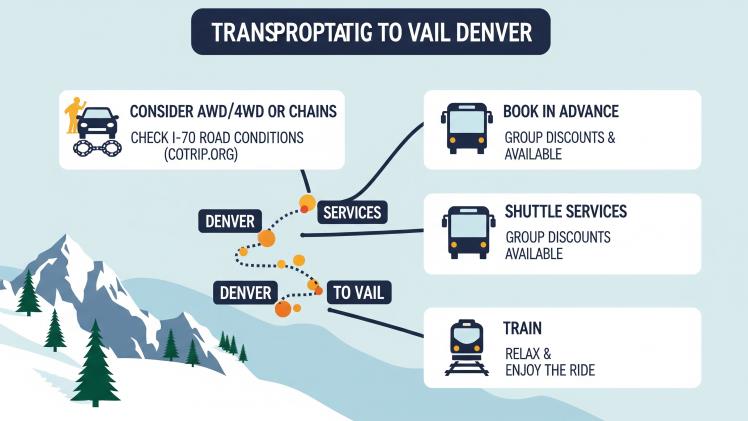Is it legal to use your iOS app platform? Online shopping Sellers Can Sign Up for GST with a Safe VPOB and Virtual Address
As mobile commerce grows quickly, online stores have found iOS app-based systems to be very useful. But the sleek interfaces and easy-to-use designs are backed by a very important legal requirement: following GST rules. For virtual address for ecommerce sellers many app-based sellers require a virtual address and a VPOB (Virtual Place of Business), especially if they don’t have a physical office in every state where they do business.
Why app-based sellers need to sign up for GST
Indian GST law says that anyone who sells goods or services across state lines or on e-commerce sites must register with the GST. This is also true for stores that use the iOS app stores. You have to register and keep up with the rules whether you run your own app or use marketplaces like Amazon, Flipkart, or Meesho. This is still true even if you don’t have a store.
Having a virtual address ecommerce sellers is very important for online stores right now. It lets businesses follow the law, send papers, and register legally without having to pay for office space.
Tools that are important for following the rules: Address and VPOB in Virtual
A VPOB, or Virtual Place of Business, is a business location that is recognized by the GST and used by merchants to register in more than one state. It makes it possible to promise customers faster delivery and work with logistics and warehouses all over India. Having a VPOB makes it easier for iOS app-based eCommerce businesses to get into marketplaces and logistics aggregators more quickly in states like Karnataka, Maharashtra, and Delhi, where there is a high demand for them.
Non-eCommerce companies or service providers (like D2C brands, IT app developers, or resellers) that do business online but don’t have a physical location can also get GST registration by using a virtual address for eCommerce sellers.
GST sees virtual offices as real businesses.
GST allows virtual offices as long as they meet the following requirements:
- A No Objection Certificate (NOC) from the property owner;
- A utility bill (for water, electricity, etc.) as proof of address;
- A registered lease or rent agreement;
- A written record of communication with the business entity
Once these documents are sent in, the virtual address for eCommerce sellers is legally valid for GST registration. This is especially helpful for distributors, online stores, and IT companies that work from home or a central location.
Getting VPOB to More States for iOS App Sellers
Let’s say your iOS app sells health products all over India. You use warehouses owned by partners to handle fulfillment. If you want to use Flipkart’s logistics to ship to West Bengal, though, you need a GSTIN.
You could get a VPOB in West Bengal instead of renting an office or warehouse. This will let you:
- Get a real business address for GST registration;
- Send and receive invoices from the state;
- Claim Input Tax Credit (ITC) for things you buy in that state; and
- Follow market rules.
How to Use a Virtual Address for ecommerce sellers to Stay GST-Compliant for Free
The main reason eCommerce businesses use virtual addresses is to save money. Startups and MSMEs can:
- Save money by not renting commercial space;
- Keep their professional image by using a business address;
- Follow GST rules in any state they operate in;
- Notify and remind a central team.
Businesses that use this structure also get fewer GST rejections as long as the documents are clear, valid, and can be traced back to the real owner.
Make sure the service provider you choose offers:
- Properties that have been confirmed and approved by GST;
- Bundles of documents (NOC, lease, utility bill);
- Real-time updates on the status of the property;
- Help with GST questions or REG-03 notifications.
- Available in every state in India
The GSTCo. gives eCommerce sellers both a VPOB and a virtual address that are set up legally to meet state-level GST requirements. With verified documentation and ongoing backend support, we have helped thousands of D2C vendors and startups with iOS apps grow to 15 or more states.
In short, follow the rules, stay within the law, and grow in a smart way.
It shouldn’t be against the law to sell through an iOS app, even though it’s very easy. Using a virtual address for VPOB and eCommerce stores is a good way to protect growth, and it makes sense.
If your app-based platform is growing quickly, don’t wait for a GST denial to wake you up. Take the lead. With a real virtual office, you can make sure your legal base is strong and let your business grow without any more problems.







